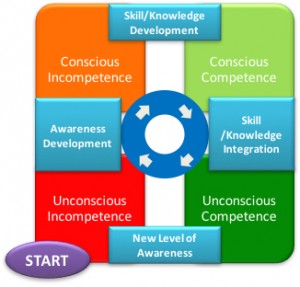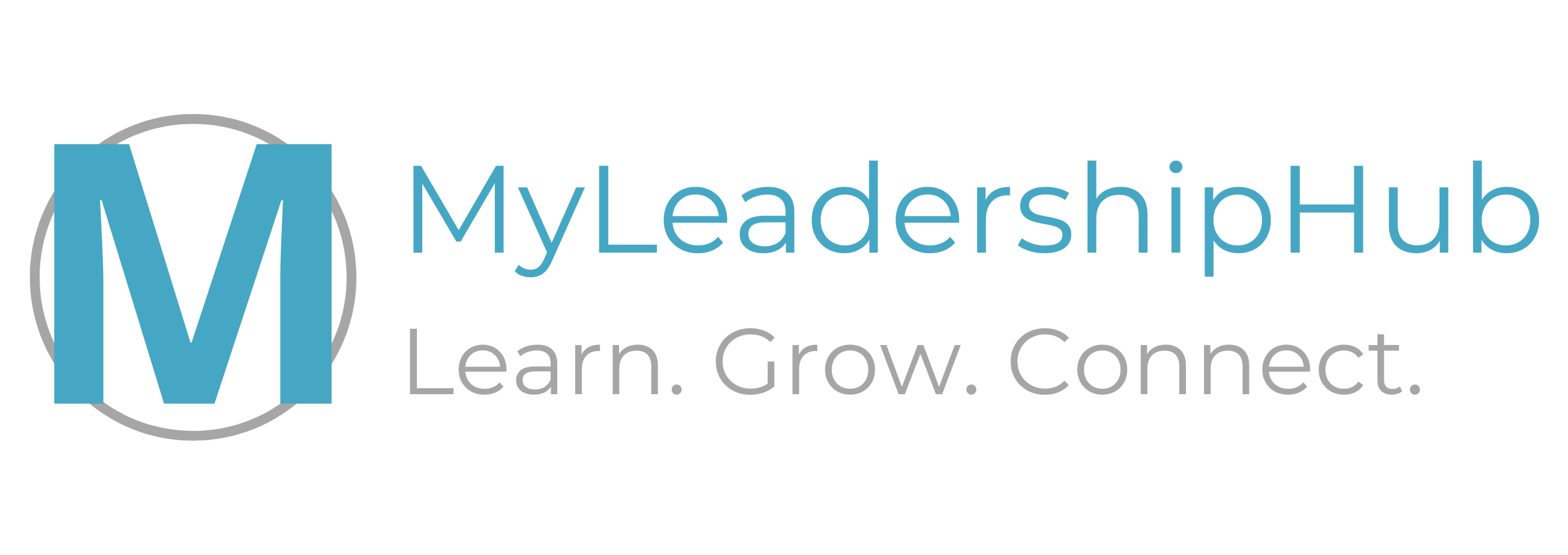In general, leaders have no problem learning the tools related to common management leadership topics. A process for resolving conflict? No problem. Tools for more effective communication? Easy. An algorithm for change management? Take your pick. Because leaders are almost always deeply committed to what they are doing, they naturally value the process of learning new skills. The challenge is not in the learning though. It’s in the application.
Let’s take conflict as an example. Leaders are often described as being conflict averse or conflict avoidant. Yet the same leaders can quite easily describe a number of alternative approaches to conflict management or resolution. So what’s standing in their way? It’s not more models or more details on the models already available. It’s developing an understanding of why they avoid addressing conflict in the first place. That’s where emotional intelligence comes in.
WHAT IS EMOTIONAL INTELLIGENCE?
Emotional intelligence refers to how we perceive, understand, use, and manage our emotions. This emotional information influences how we feel about ourselves, how we communicate with others, and how we handle the challenges of everyday life such as getting things done, handling interactions, and managing stress. It impacts what we do, and how we do it. Just like your IQ, it’s working every second of every minute of every day. It’s even influencing how (and perhaps why) you are reading this blog.
DEVELOPING EMOTIONAL INTELLIGENCE
People often ask ‘Is it possible to increase our emotional intelligence?’ The question itself seems straightforward, but in truth the answer is more complex. We can raise our awareness of emotional intelligence and identify concrete strategies to apply new knowledge to everyday situations.
When we do this over and again, for a sustained period of time, the learning has a chance to embed itself and become a part of our natural behaviour. Through this cycle, people move from not knowing what they don’t know (unconscious incompetence) through to behaviours becoming natural and automatic (unconscious competence).
This transition from one state to another is not direct, and requires that we pass through two other stages on the way – conscious incompetence (knowing what we don’t know), and conscious competence (knowing what we know).

As indicated by the cyclical nature of this model, this is a continuous process of recognizing and realizing new levels of awareness and competence. It’s one of the reasons that continual learning is so important for increasing emotional effectiveness. It allows the cycle of increasing awareness, defining strategies, and applying learning to be evaluated and repeated over and again.
Those who are most successful at becoming more emotionally effective are those that practice their skills constantly. Like most human mental and physical activity, if you want to get really good at something you have to practice it consciously every day until you become unconsciously competent. Once at that place, you will discover a new level of awareness (unconscious incompetence) from which to start building once again.
If it sounds like hard work, it is. But having seen individuals, relationships, and workplaces transformed by more emotionally effective leaders, it is work worth doing.

